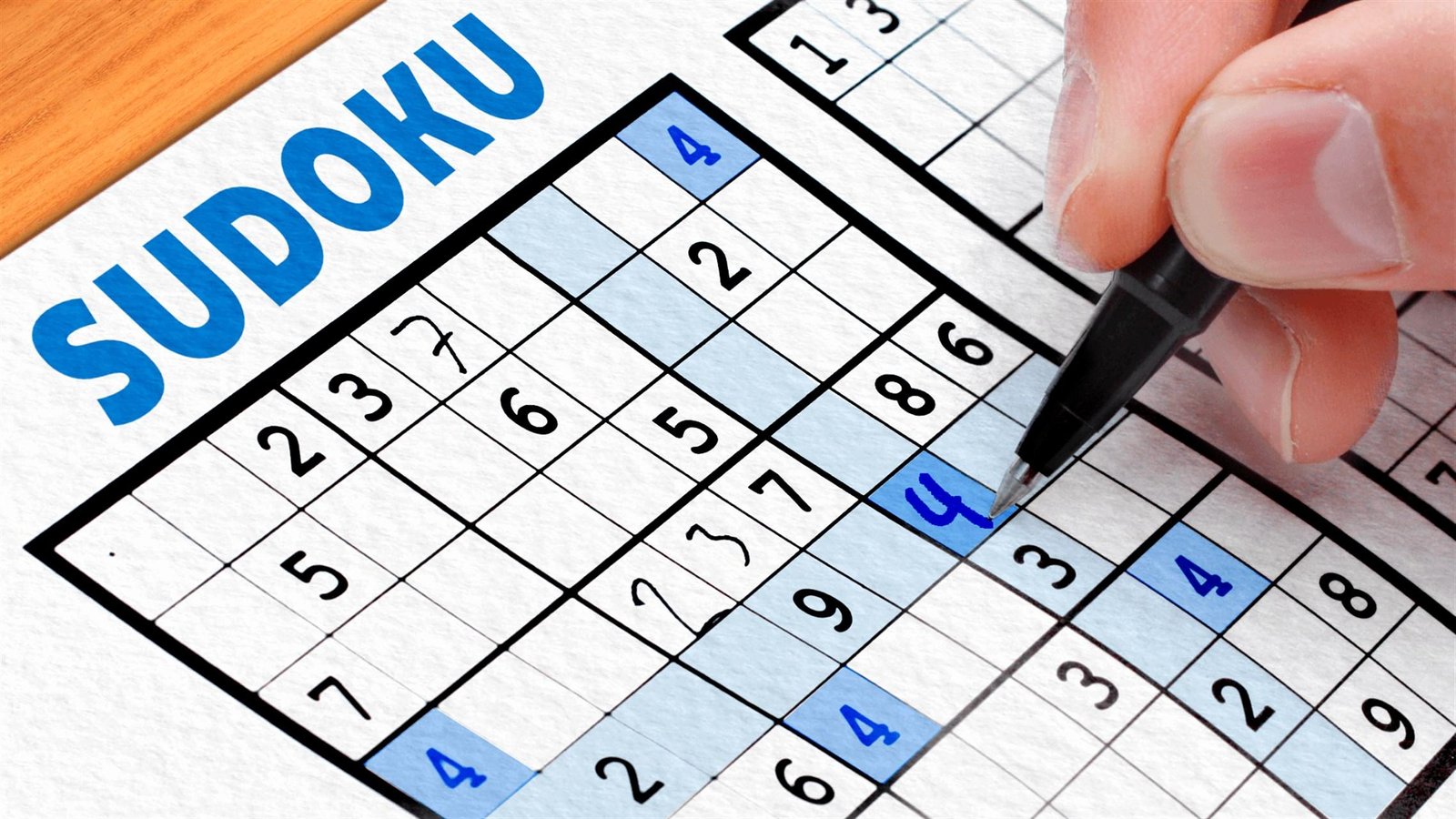-
Web sayfası bildirimcisi
- EXPLORE
-
Blogs
The Quiet Addiction: How Sudoku Became My Daily Dose of Sanity

It started as a curiosity. I downloaded a Sudoku app one afternoon, thinking it would be a nice, relaxing way to “exercise my brain.” I imagined myself casually solving puzzles, sipping tea, feeling smart. You know — the calm, collected puzzle-solver archetype.
Spoiler alert: I was not calm. I was not collected.
And Sudoku? Sudoku laughed in my face.
That First Humbling Puzzle
My first “easy” puzzle took me nearly 25 minutes. I made mistakes, erased half the grid, and restarted three times. But when I finally got it right — when every row and column fit perfectly — it felt glorious.
That single moment of triumph was all it took.
Sudoku had me hooked.
It’s strange how something that uses only the numbers 1 through 9 can completely take over your life. I started sneaking puzzles in during coffee breaks, before bed, even during boring Zoom meetings (don’t tell my boss).
At first, it was about winning — finishing faster, making fewer mistakes. But over time, it became something else entirely.
Sudoku stopped being just a puzzle. It became therapy.
The Beauty of Order in a Messy World
We live in chaos — news, deadlines, noise. But Sudoku? It’s pure order. Everything fits perfectly when you find the right logic.
There’s something deeply soothing about that.
When I sit down to play, the world quiets down. My focus narrows. All that exists is the grid, the numbers, and the question: What goes here?
It’s like meditation for overthinkers.
There are no distractions, no shortcuts. Every number has to earn its place. And when it finally all aligns — when that last square clicks into perfection — it feels like a small miracle of clarity.
Sudoku reminds me that structure can be beautiful. That chaos can make sense if you’re patient enough.
My Struggle with the “Evil” Puzzles
Let’s talk about the hard ones — those puzzles that seem designed to ruin your day.
You know the kind. You fill in a few numbers easily, feeling confident, and then — boom — nothing makes sense anymore. Every box looks wrong, every row feels cursed. You double-check, triple-check, and still end up glaring at the grid like it personally insulted your intelligence.
I’ve had puzzles that sat unfinished for days. I’d walk away in frustration, only to come back later and suddenly spot the mistake that was staring at me all along.
And every time that happens, it’s a mix of embarrassment and pride. Like, yes, I missed something obvious… but hey, I caught it eventually!
Sudoku humbles you, but it also rewards persistence.
The Psychology of a Sudoku Addict
If someone watched me play, they might think it’s repetitive — just numbers, rows, and logic. But inside my head, it’s pure adrenaline.
Every correct number gives a small dopamine rush. Every mistake, a jolt of panic. It’s a cycle of tension and release, frustration and satisfaction.
And strangely, it’s never boring.
Even after hundreds of puzzles, each one feels new. Each one whispers a slightly different challenge, as if asking, “Can you really figure me out?”
Spoiler: sometimes, no. But that’s the fun.
What Sudoku Taught Me About Life
I didn’t expect to learn life lessons from a grid of numbers, but here we are.
Sudoku quietly trains you to:
-
Be patient. The answer won’t come instantly, and that’s okay.
-
Trust logic. Emotions are noisy; patterns are honest.
-
Accept mistakes. They’re not failures — just detours toward clarity.
-
Start again when needed. Sometimes the best move is to clear the board and begin fresh.
It’s almost poetic — every puzzle is proof that with enough thought and persistence, order will always emerge from chaos.
That’s comforting, especially on the days when life feels like a giant unsolved Sudoku.
My Little Ritual
Every morning, before checking emails or scrolling social media, I do one Sudoku puzzle. Just one.
It’s my mental warm-up, my reset button. That quiet time with the grid helps me focus and breathe before the day begins.
And sometimes at night, when I’m too wired to sleep, I’ll start another one. There’s something peaceful about ending the day with pure logic — no noise, no drama, just numbers finding their rightful places.
Of course, “just one” often turns into three. But hey — at least it’s a healthy addiction.
Tips for Fellow Sudoku Travelers
If you’re new or just trying to get better, here’s what I’ve learned:
-
Scan the grid first. Don’t rush. Notice where the obvious numbers go before making any move.
-
Use notes wisely. They’re not cheating — they’re strategy.
-
Don’t guess. Sudoku punishes impatience.
-
Take breaks. Sometimes stepping away is the smartest move.
-
Celebrate the small wins. Filling one stubborn box can change the whole puzzle — and your mood.
Above all, enjoy the process. Sudoku isn’t about racing to the end. It’s about the calm that comes when you finally see the pattern.
Why I’ll Keep Playing
There’s no leaderboard. No prizes. No one’s watching or cheering.
But every time I complete a Sudoku puzzle, I feel a quiet satisfaction that few games can match. It’s logic at its purest. It’s order out of chaos. It’s proof that patience — the slow, steady kind — still matters in a world obsessed with speed.



